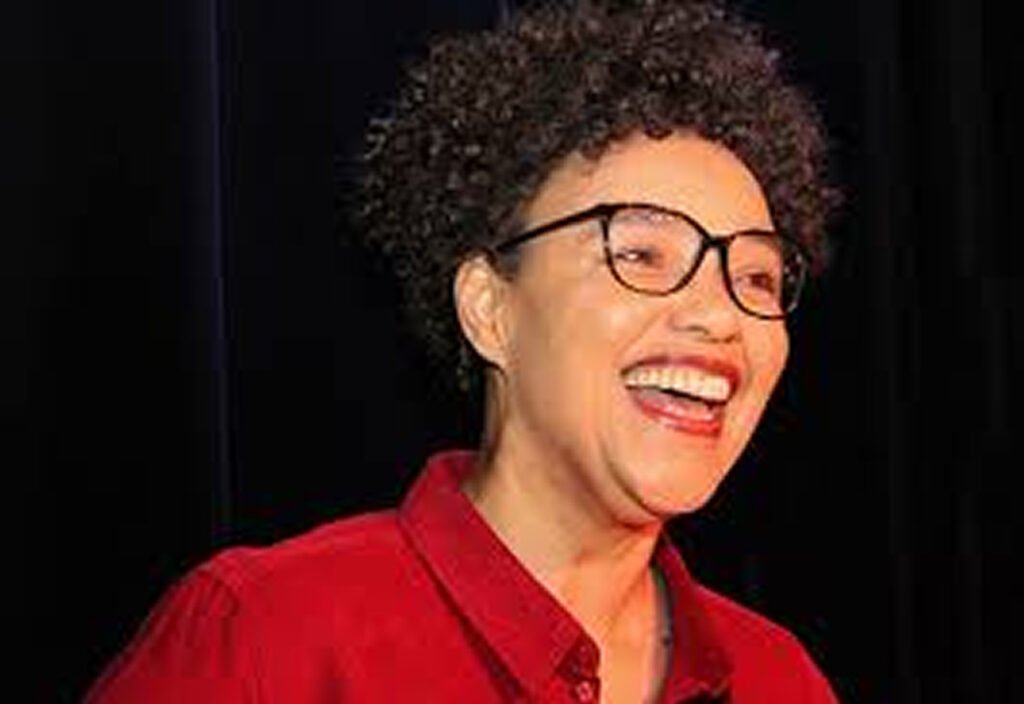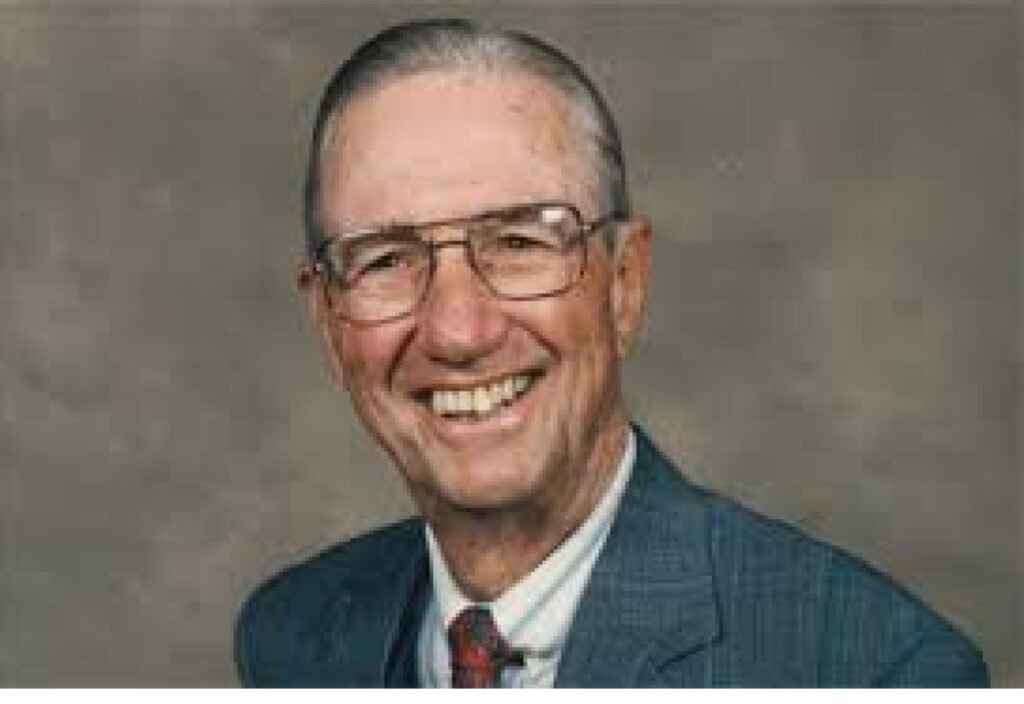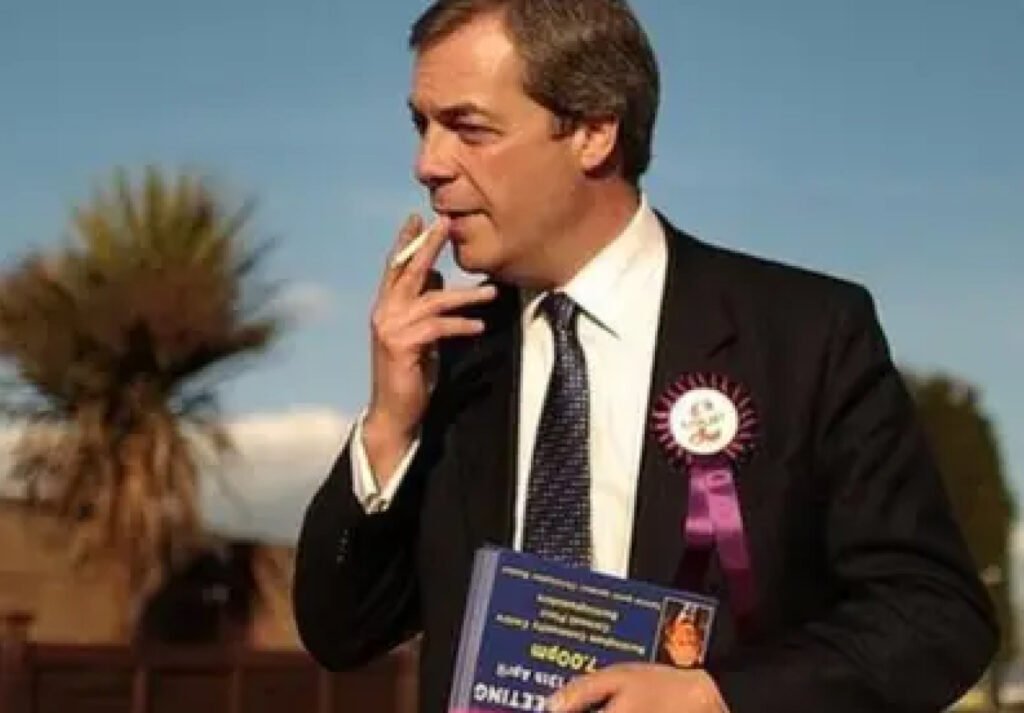
Urchin — A Raw Portrait of Redemption and Ruin
Harris Dickinson’s Urchin is one of those rare debut films that pierces through the noise — intimate, haunting, and painfully honest. It’s not a film about triumph, but about the fragile line between redemption and relapse.
The Story and Its Weight
The film follows Mike, a man who has spent years on London’s streets, battling addiction and scraping for survival. After a violent incident lands him in prison, Mike tries to rebuild his life — detox, work, and reconciliation. But Urchin doesn’t sell a fairytale of recovery. It’s messy, uncertain, and deeply human.
Dickinson’s direction avoids melodrama; instead, he lingers in moments of silence, hesitation, and shame. Mike’s smallest victories feel monumental — not because they change his world, but because they resist collapse.
Frank Dillane’s Unforgettable Performance
Frank Dillane brings raw, understated brilliance to Mike. His portrayal captures that thin space between fragility and fury — a man torn between wanting peace and expecting pain. He’s neither hero nor villain, just human.
There are moments where his eyes tell everything — exhaustion, regret, defiance — and you realize Urchin is less about plot and more about emotional truth.
Visual Language and Atmosphere
The film’s London is not postcard-pretty. It’s cold, gray, and unkind. Yet, Dickinson and cinematographer Josée Deshaies find strange beauty in the grit — a quiet dignity in alleys, buses, and shelters. The camera never pities Mike; it simply witnesses him.
At times, subtle surreal sequences blur reality and memory — a reflection of Mike’s unstable mind. These touches turn Urchin into more than social realism; it’s poetry wrapped in pain.
A Message Without Preaching
Beneath the roughness, Urchin asks hard questions: What does recovery really look like? How much of redemption is self-willed, and how much depends on a society that often stops caring? The film offers no answers, only empathy.
Final Thoughts
Urchin doesn’t make you feel good — it makes you feel something real. It’s a reminder that behind every label like “addict” or “offender” is a person fighting invisible wars. For a debut, Dickinson’s restraint and emotional honesty mark him as one of the most promising new voices in British cinema.



















